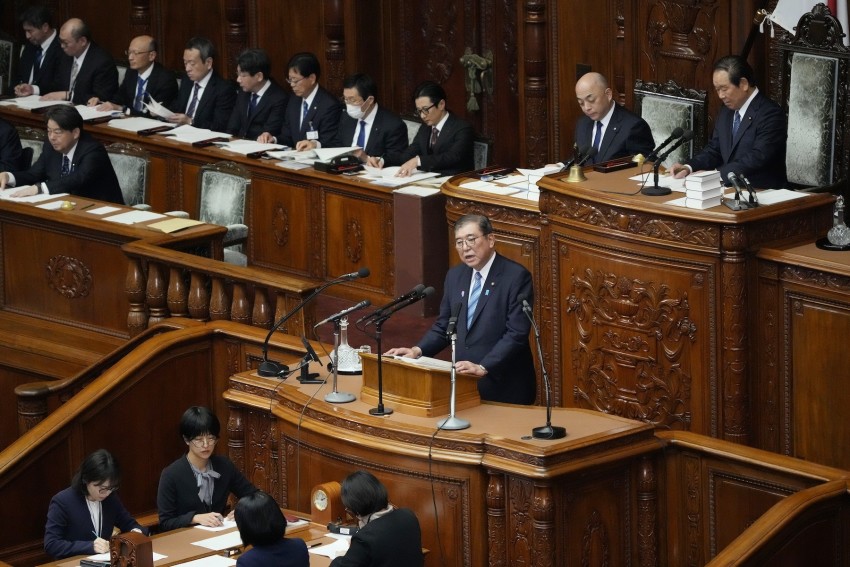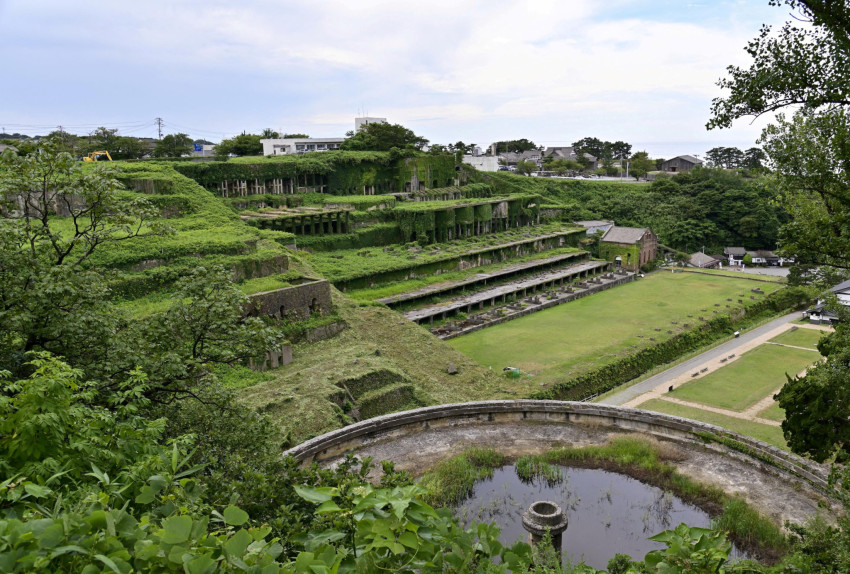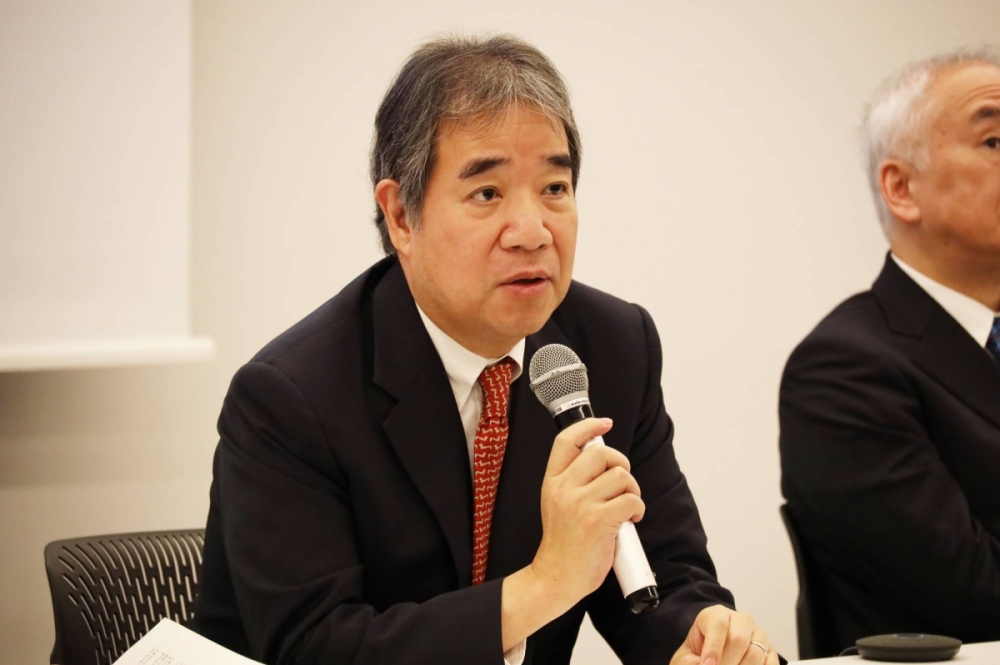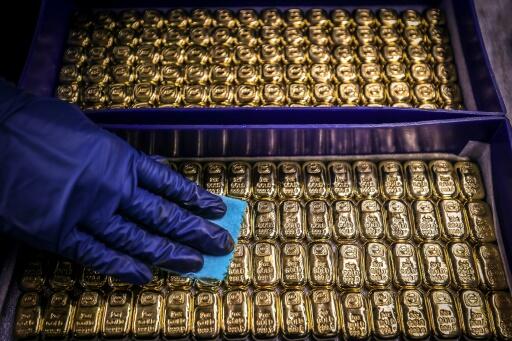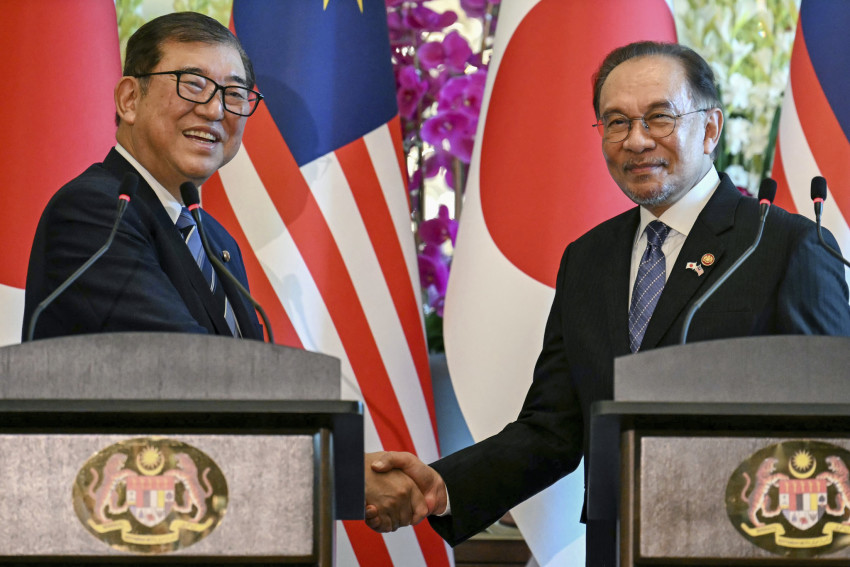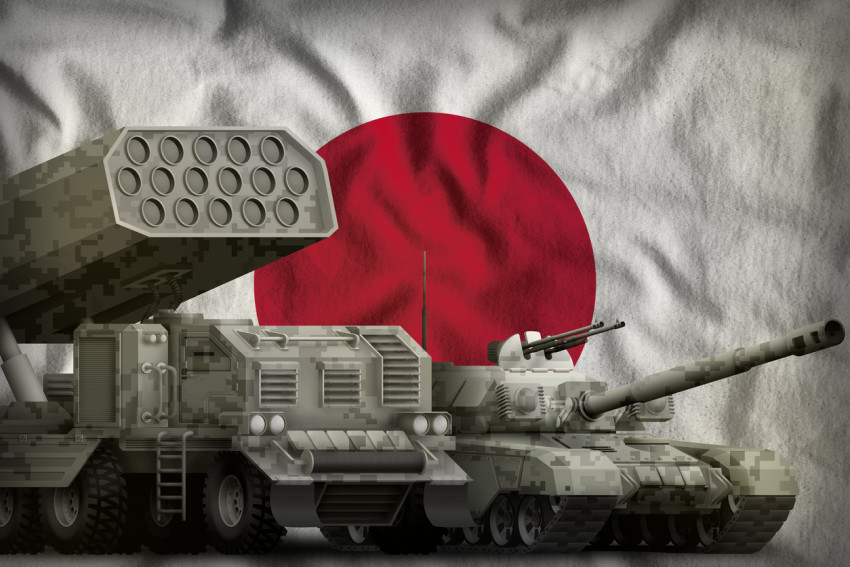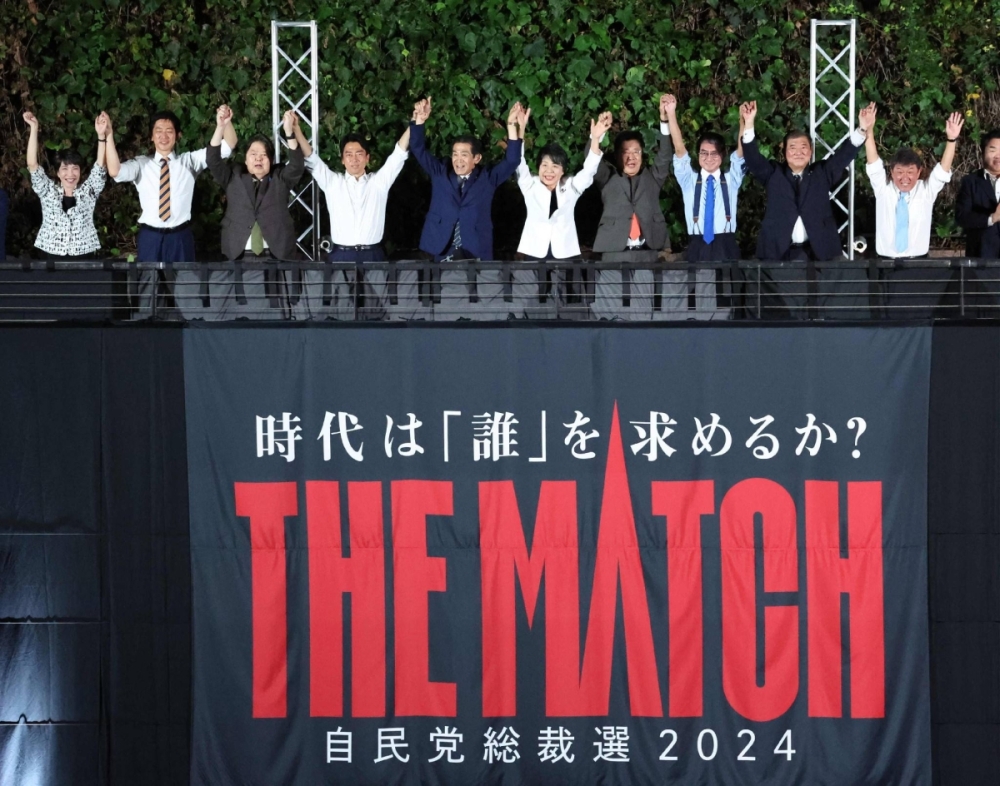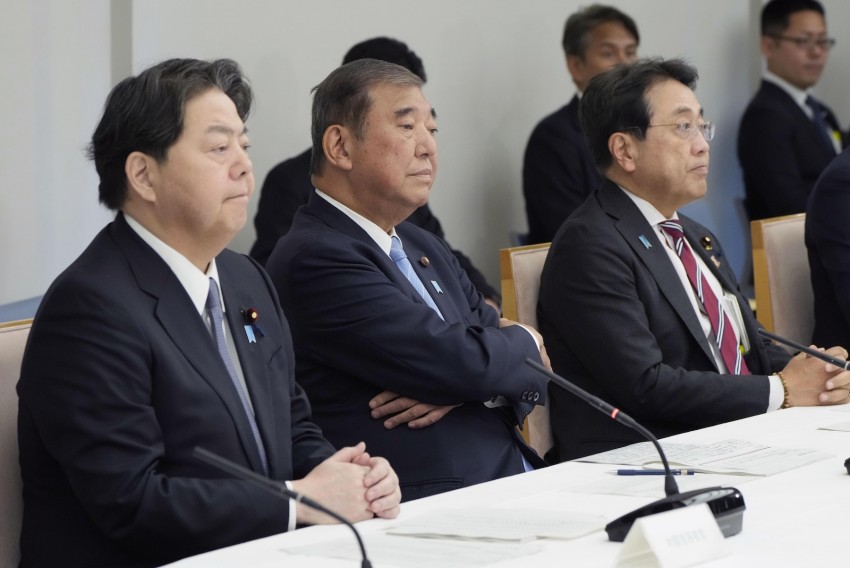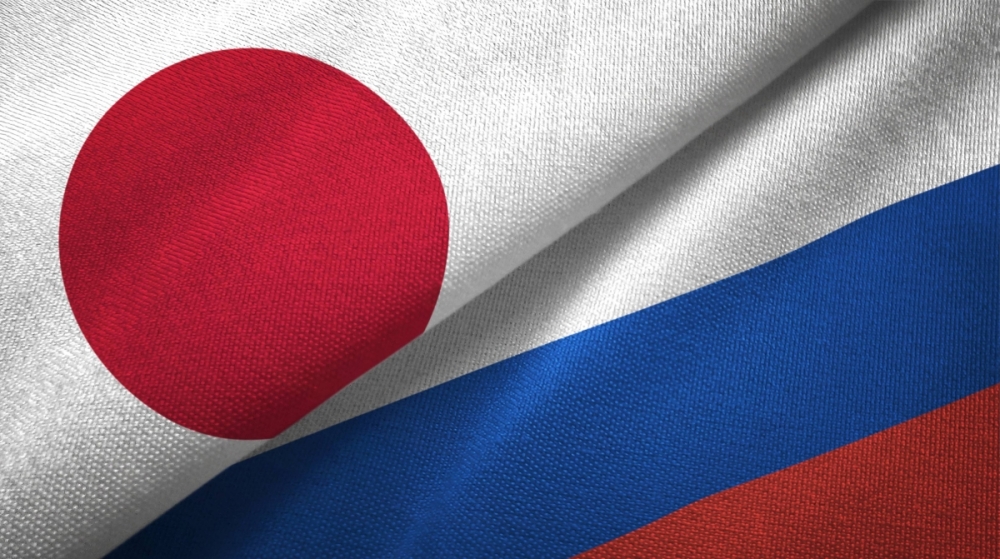Race to find next Japan PM may prove ruling party factions die hard
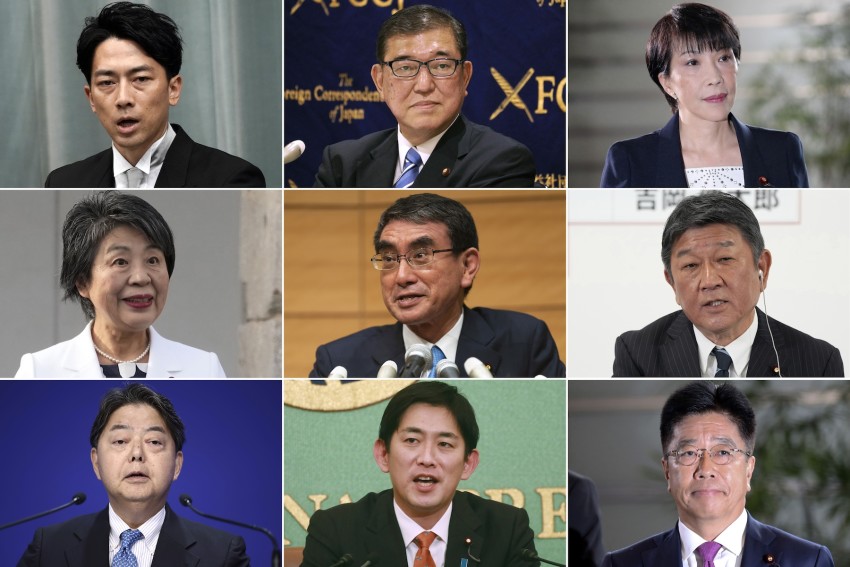
TOKYO
Predicting the winner of Japan's ruling party leadership election -- whose victor is set to become the next prime minister -- is a hard call following the scandal-induced dissolution of powerful lawmaker groups that have influenced intraparty politicking and voting for decades. But their remnants may die hard.
The positive outcome of the disappearing factions, at least for now, is that a record nine Liberal Democratic Party lawmakers have filed their candidacies for the Sept 27 race, and two young lawmakers, both in their 40s, are making bids to succeed outgoing Prime Minister Fumio Kishida, raising expectations for a generational change.
Taro Aso, an LDP heavyweight who once served as prime minister and leads the only intraparty faction that has not decided to disband, recently underscored the difference between the latest and past races. He told fellow lawmakers, "I have no idea how it will turn out," as there is no clear frontrunner.
The LDP's powerful subgroups, known as habatsu in Japanese, often prepared lists of candidates they aimed to elevate to leadership and ministerial roles based on seniority, experience and other factors, while urging other party members to rally behind their faction's chosen candidate.
Now that most factions have disbanded or decided to do so due to intense public scrutiny following revelations that slush funds were amassed and unreported, lawmakers are seen as having more leeway in deciding who to support in the crowded race.
Still, lawmakers are more likely to support a candidate from their former faction, and the disbandment of such groups may not fully change the inner workings of the LDP, political analysts said. One LDP lawmaker said the shackles of the factions may be gone, but "the networks between the members are here to stay."
While the wide field of candidates is dividing the LDP into multiple groups based on which candidate they support, some of the analysts say the leadership election could even become a turning point for the reorganization of the once-powerful factions, leading to the creation of new ones.
"On the surface, the presidential election has little to do with the influence of the factions. But as was the case in the past, there is a chance that the factions will reorganize and reemerge, probably as different groups depending on who they back in the race," said Hitoshi Komiya, a professor at Aoyama Gakuin University.
"One point to watch is how members of the faction formerly led by Prime Minster (Shinzo) Abe will behave. There are multiple candidates hoping to win over conservatives who supported him," said Komiya, an expert on Japanese political history.
To become the next LDP leader, one must win the majority of the 734 votes -- 367 cast by LDP lawmakers and another 367 by rank-and-file members. If no one reaches that threshold, a runoff vote will be held between the top two contenders.
In the previous 2021 election, Kishida was selected in a runoff against Taro Kono, who currently serves as digital minister and is running again this time.
The faction-based dynamics may still linger. A candidate wishing to run needs the written support of 20 lawmakers, which is seen as a high hurdle.
From the LDP group that was formerly led by Kishida and disbanded just ahead of the election, Chief Cabinet Secretary Yoshimasa Hayashi and Foreign Minister Yoko Kamikawa are competing.
LDP Secretary General Toshimitsu Motegi, the party's No. 2 and head of a different faction that will be dissolved, is also in the race, along with former health minister Katsunobu Kato.
Among young hopefuls, former economic security minister Takayuki Kobayashi, who has put his vow to "break free" from factions at the forefront of his campaign, has garnered support from lawmakers in Abe's group.
Economic security minister Sanae Takaichi, who received strong backing from Abe during her 2021 bid in the LDP presidential race, is making campaign promises that resemble those of the late premier, aiming to resonate with the conservatives who supported him.
The LDP's rising star Shinjiro Koizumi, a public favorite to become a future Japanese leader, has the backing of former Prime Minister Yoshihide Suga, who, despite not being a faction member, has wielded significant influence within the party.
In a sign of the considerable clout Suga still holds, Seiko Noda, a former internal affairs minister who ended up not running this time, said he was "blocking" her attempts to secure support, adding, "A new faction is being formed."
Kishida is stepping down at the end of his tenure in September. During his time in office, he worked closely with Aso and Motegi, both faction leaders. His relationship with Motegi is believed to have deteriorated, particularly after the slush funds scandal was revealed.
Political observers say that Kishida's ultimate goals as premier were not clear to voters, as he avoided bold moves or taking risks due to his need to heed the voices of the faction leaders who supported him.
The LDP has tried and failed to dissolve factions after money-related scandals in the past, including a bribery case in the 1970s involving former Prime Minister Kakuei Tanaka and U.S. aircraft maker Lockheed Corp.
As a potential barometer of change within the LDP, how former Defense Minister Shigeru Ishiba performs may be crucial. Although he is often a public favorite to become a future Japanese leader, his past four bids failed due to insufficient support from fellow lawmakers to secure the leadership.
Aoyama Gakuin's Komiya said, "The presidential election clearly reveals who is behind whom, as well as allies and foes. How one wins is more important than simply winning the race. What awaits the LDP may be an outgrowth of the previous factions."

